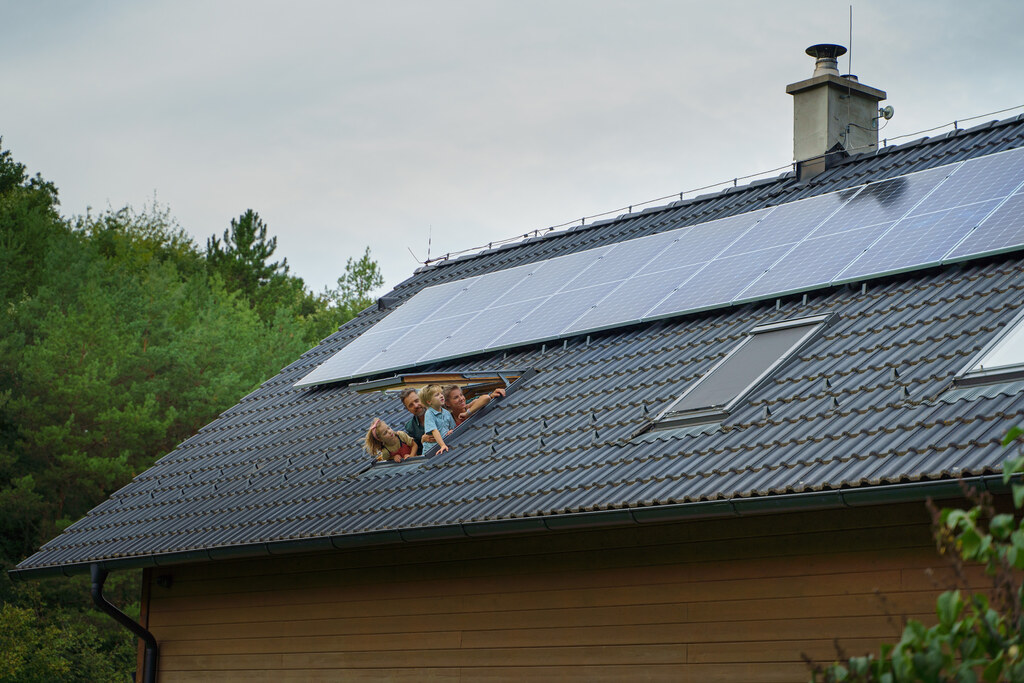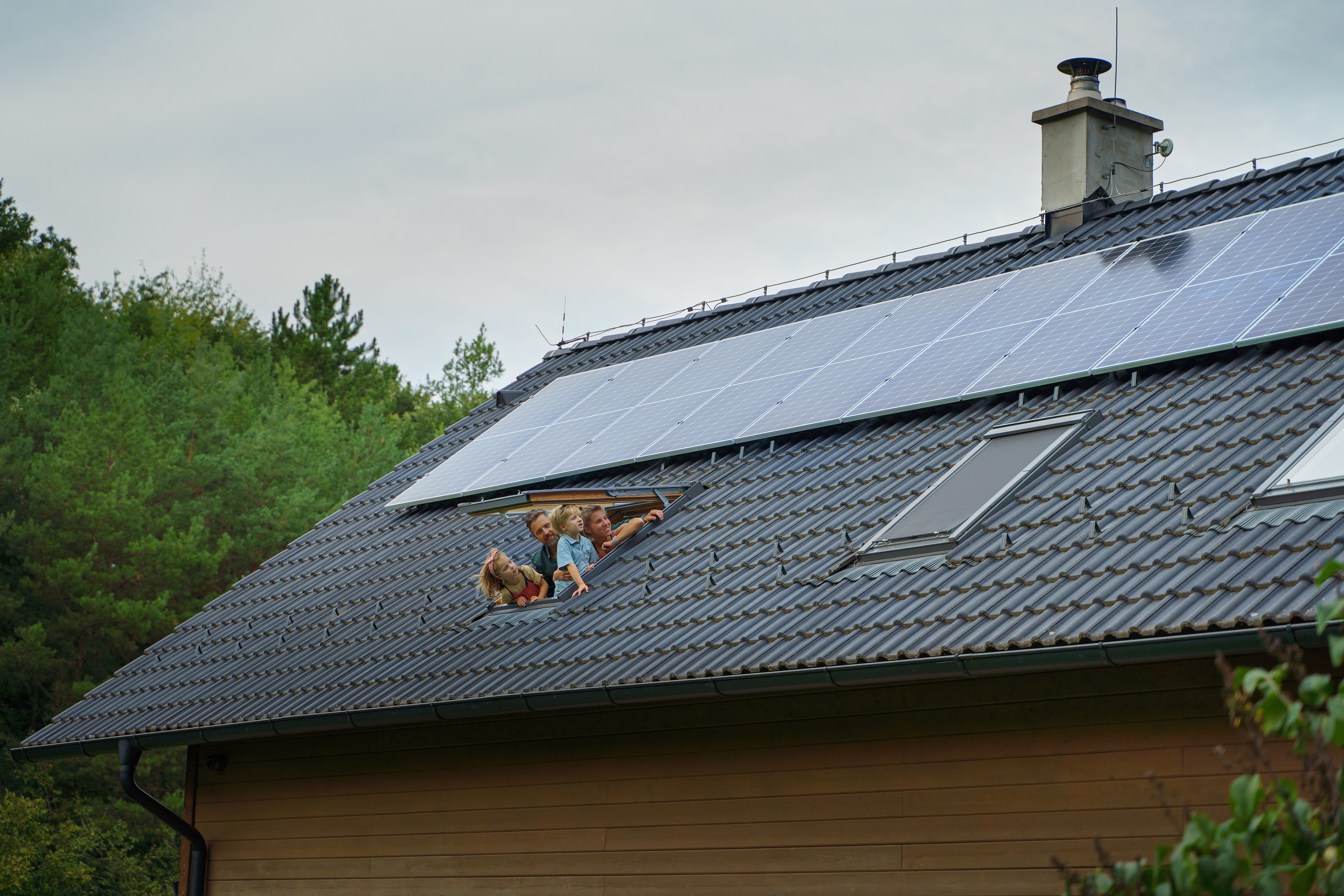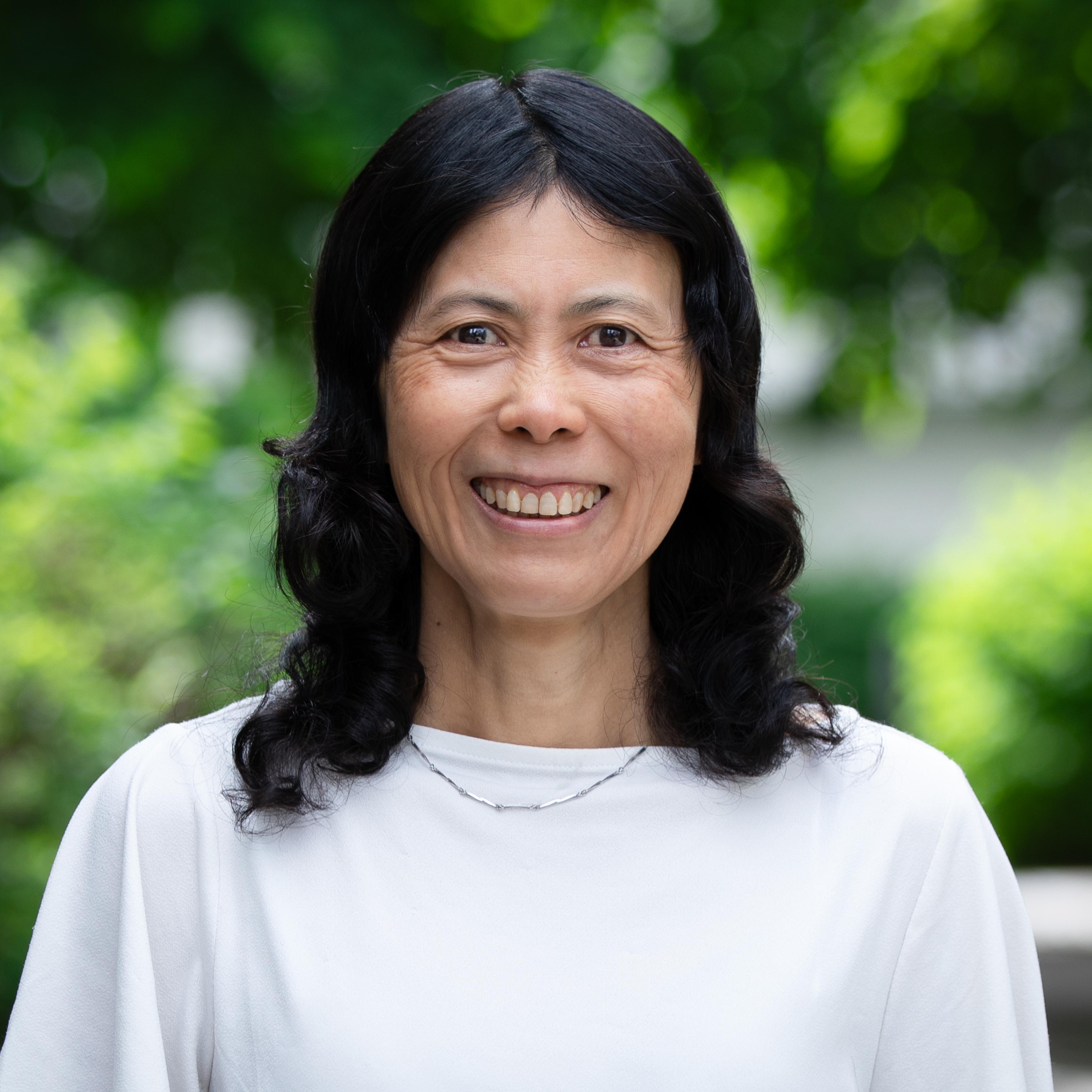
Energy lives! Infrastructural citizenship in Nordic energy transitions
The research project Energy lives! Infrastructural citizenship in Nordic energy transitions explores the mechanisms of agency, appropriation, and resistance in energy transitions, focusing on the interactions between people, politics, and…
The research project Energy lives! Infrastructural citizenship in Nordic energy transitions explores the mechanisms of agency, appropriation, and resistance in energy transitions, focusing on the interactions between people, politics, and infrastructure. As the world faces the urgent need to move beyond fossil fuel dependency, the Nordic countries are striving towards low-carbon societies, primarily through renewable energy and electrification. Energy transitions are complex, multilayered historical processes, and by studying past transitions, the Nordic countries can develop energy systems that are both environmentally and socially just.
The project examines how people and communities in the Nordic countries engage with energy transitions over long periods, and how these interactions influence and shape these transitions. Using the concept of “infrastructural citizenship,” we aim to uncover the ways in which agency, appropriation, and resistance emerge and are distributed among individuals, political systems, and infrastructure.

By applying a historical analytical framework, the project traces the involvement of citizens in large-scale infrastructure developments over the past 150 years. At the same time, we address the pressing relevance of this history in contemporary energy systems. Energy is produced, distributed, used, and disposed of within complex sociotechnical infrastructures that have evolved through historical decisions and technological developments.
The project examines Nordic energy transitions from the 1850s to the present, focusing on oil refineries, district heating, energy buildings, and their legacies. By looking at citizens both as historical actors whose choices have shaped current systems and as contemporary participants within those systems, Energy Lives! will generate new insights into how democratic engagement has influenced the legitimacy and effectiveness of energy transition processes. These perspectives are essential in current political discussions about creating environmentally just and equitable green transitions for present and future generations.

